In our latest article, we were very excited to announce the launching of a brand-new educational blog series on queerness and its political and intellectual history. The overall goal of this series is to explore together with the readers, friends, and customers of Ecce Homo the historical, cultural, and financial conditions that gave birth to queer activism and politics some 30 to 40 years ago in the USA in a comprehensive yet plain way. As we self-identify as a queer body-positive, non-binary, and slow-fashion underwear brand, we get a lot of the following questions: what does queer mean to you as an apparel company? Why not call yourself gay or lesbian or trans? Or even better, why not LGBTIQA+? We have set out on this journey in our previous post by tracking down the etymology and the linguistic history of the word ‘queer’ itself, especially in juxtaposition with the more familiar term ‘gay’, how its meaning has changed throughout the decades, and the way it was used (or not) as a site of identification by queer persons. In this current post, we cannot imagine a better introduction to the constellation of meanings of the word queer than delving into the queerness of language itself.
Let’s start with a few clarifying remarks on language itself in general. We, queers, unfortunately, have first-hand knowledge of both the complexity and the power of words. From being subjected to verbal abuse in which words are instruments of injury to crafting our unique words or even whole slang languages in which speaking seems to be an act of creation, self-protection, solace, or even resistance, queers have always been super-conscious of the magic of words. Language is more than words forming sentences in order to communicate one’s thoughts, feelings, and experiences. Why? First of all, words are living organisms constantly changing in a dynamic and unpredictable way. Sometimes, they bear more than one meaning, and it is our job to figure out the particular meaning evoked by our interlocutor depending on the particular speaker or the specific situation in which a word is used. Other times, it is this rich polysemy that some words enjoy, among them the term ‘queer’ itself, that make them enjoyable or useful since their ambivalence renders them perfect candidates for jokes and puns or for being strategically used to undermine the authority of language itself and the person who capitalizes on this authority to ‘speak the truth’.
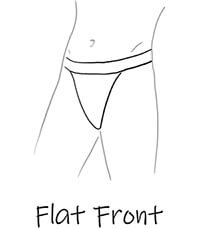




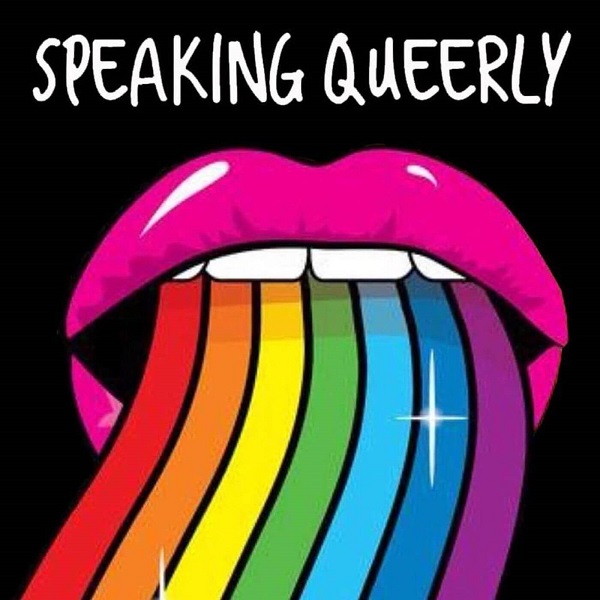
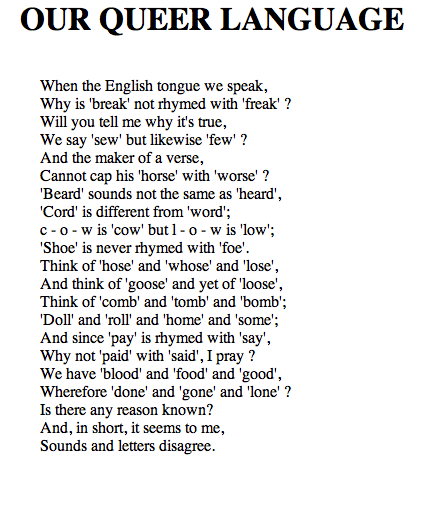
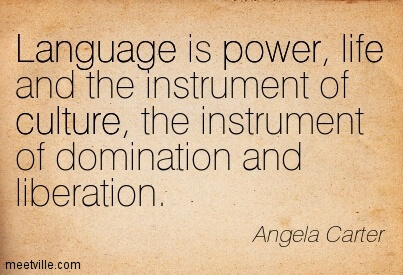
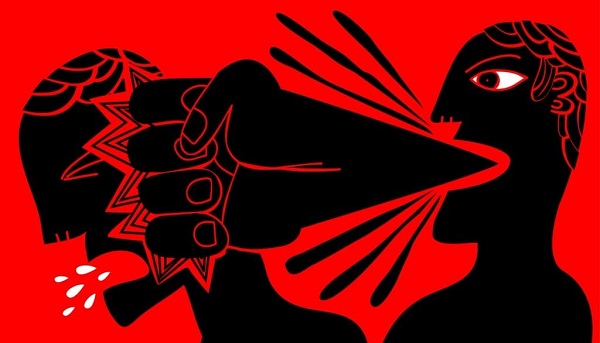
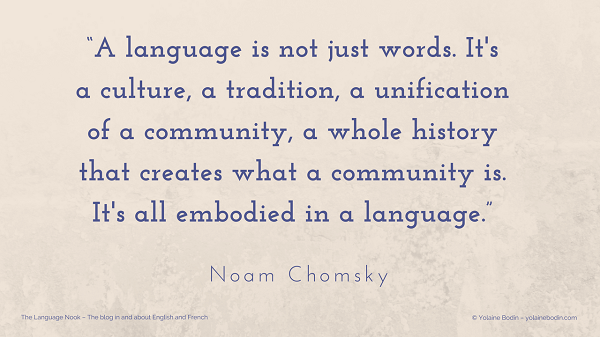

 Login
Login